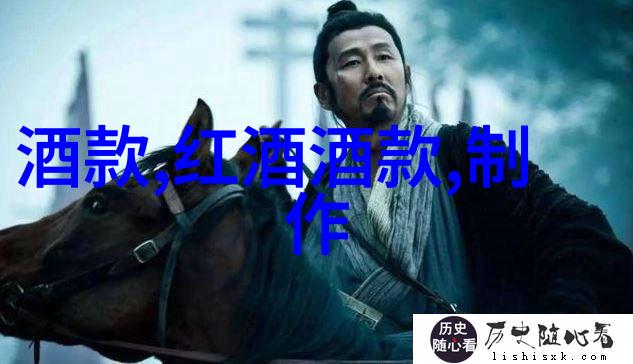一、序言

在八年级上册历史课堂的学习中,我们经常会接触到一些关于中国近现代史的重要事件。这些事件不仅反映了中华民族的命运,更是我们了解国家发展历程、学习历史智慧和培养爱国情怀的重要途径。
二、辛亥革命与民国成立

1900年后,清朝面临外患加内忧,社会矛盾日益突出。在这背景下,一系列民主主义和科学技术的影响 gradually spread to China, sparking a wave of reforms and revolutions. The most significant event was the Xinhai Revolution, which overthrew the Qing dynasty and established the Republic of China in 1912. This marked a turning point in Chinese history, as it ushered in a new era of political transformation.
三、北洋政府时期与五四运动

After the fall of the Qing dynasty, various warlords emerged to vie for power. The Beiyang government, led by Yuan Shikai, attempted to establish a constitutional monarchy but ultimately failed due to corruption and incompetence. In response to this situation, young intellectuals organized protests against foreign imperialism and domestic corruption during the May Fourth Movement (五四运动). This movement had far-reaching impacts on Chinese culture and society.
四、新文化运动与社会变革

The May Fourth Movement laid foundation for new cultural movements such as anti-imperialism literature (抗议帝国主义文学)and New Culture Movement (新文化运动), which sought to break away from traditional Confucian values and adopt Western ideas about science, democracy, and individualism. These movements contributed significantly to modernizing Chinese thought.
五、中俄交涉及二十世纪初期国际形势

In the early 20th century China faced numerous challenges including unequal treaties with foreign powers like Russia. One notable incident is the Russian lease of Liaodong Peninsula from 1898-1903 without consulting or compensating China—a stark reminder of China's weak position internationally at that time.
六、辛丑条约签订及其对中国影响
In order to counterbalance Japanese aggression after Japan's victory over Russia in 1905 War ,China signed an unequal treaty—the Sino-Russian Treaty—allowing Russia control over Manchuria while giving up its rights under earlier treaties with Japan. This event highlighted China's vulnerability amidst great power competition during that period.
七、三大人民公社实践及其失败原因分析
During Mao Zedong's leadership following World War II ,the People’s Republic of China was established in 1949 after years-long civil war between Nationalist Party (KMT)and Communist Party( CPC). Three major experiments were conducted: Great Leap Forward & Cultural Revolution both aimed at rapid industrialization through forced collectivization & mobilization campaigns but ultimately ended up causing massive famine & social unrest respectively.
八、中美关系变化趋势探究(1950-1979)
From diplomatic isolation after founding PRC until Nixon visit U.S.A., Sino-U.S relations evolved dramatically due changes within both countries' internal policies & international contexts e.g., Cold War; Taiwan issue; Human Rights issues etcetera affecting their bilateral relationship development pace.
九、文革结束后的改革开放政策制定及其成效评估(1981-present)
Since Deng Xiaoping introduced reform policy "Four Cardinal Principles" followed by opening-up strategy since late '70s/early '80s has brought unprecedented economic growth along with increased global integration .This shift allowed PRC become world's second-largest economy today offering better living conditions for majority citizens while maintaining one-party rule structure.
十结语:
Throughout these events we can see how historical context shapes national destiny while human agency plays important role too —as people adapt strategies based on changing circumstances they create future realities reflecting lessons learned from past experiences thus enriching our understanding about how historical moments influence contemporary lives making us aware importance preserving heritage knowledge so we may learn valuable insights guiding ourselves forward into uncertain future ahead .





